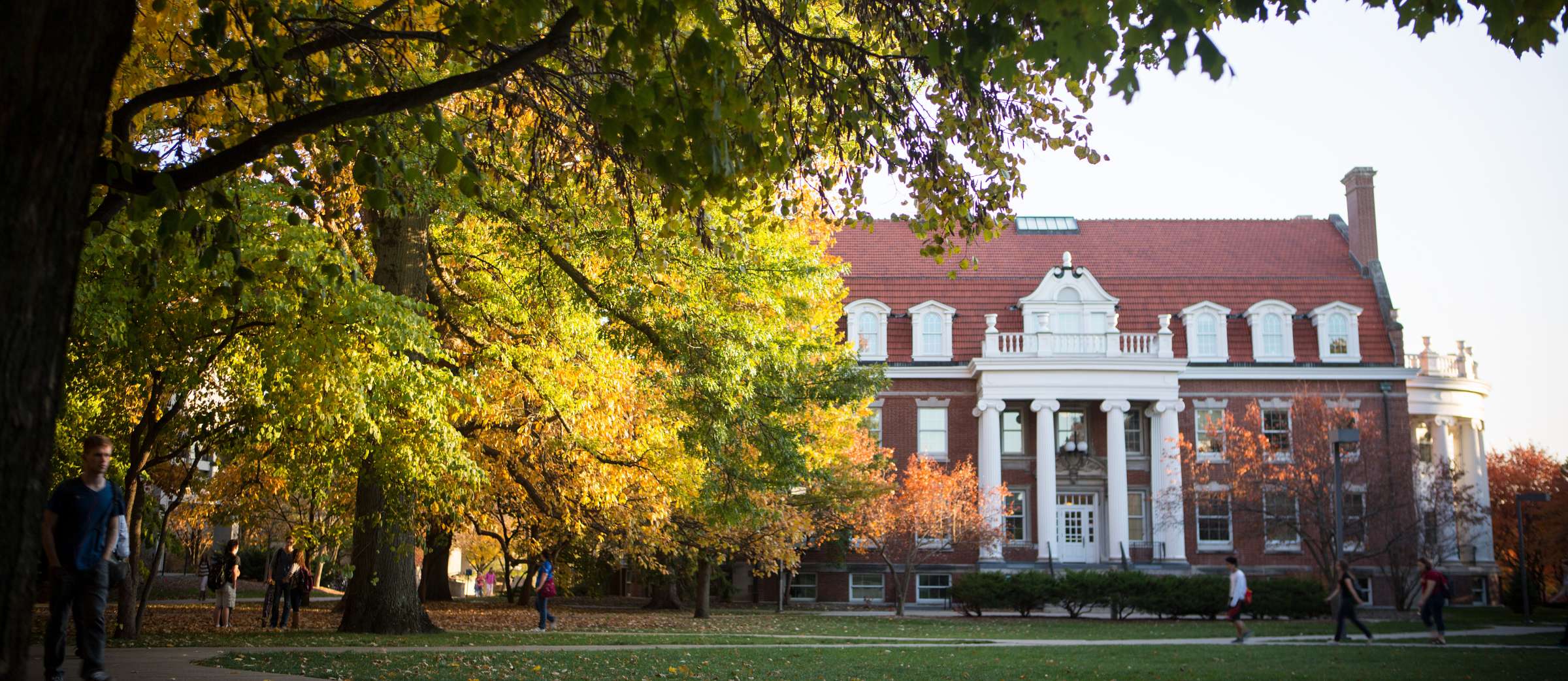Paying the I-901 SEVIS Fee
Before you can submit your visa application, you must first pay the I-901 fee. After paying, be sure to print out your receipt. You will need it for your visa interview.
Submitting the DS-160 Visa Application
After paying the I-901 fee, your next step is submitting the DS-160. Here are some things to keep in mind when starting your application.
Apply Early
The best time to apply for your student visa is as soon as you possibly can. A student visa can be issued up to 365 days prior to your program start date, so once you've decided where you want to attend and have your Certificate of Eligibility in hand, you can start this process. The earlier you apply the better chances you have of receiving a visa appointment that allows you to arrive and begin your studies in the semester you first intend to.
Complete the DS-160 Yourself
While this doesn't mean that you have to complete the DS-160 entirely on your own, it is for the best that you are directly involved in filling it out. Discrepancies between the answers on your DS-160 and the answers you give during your interview can cause unneeded doubts in your visa officer. Completing the DS-160 yourself ensures that the answers are your own.
Submit the DS-160 Before Scheduling Your Visa Appointment
This is a requirement. Your DS-160 must be submitted at least 48 hours prior to your visa appointment.
